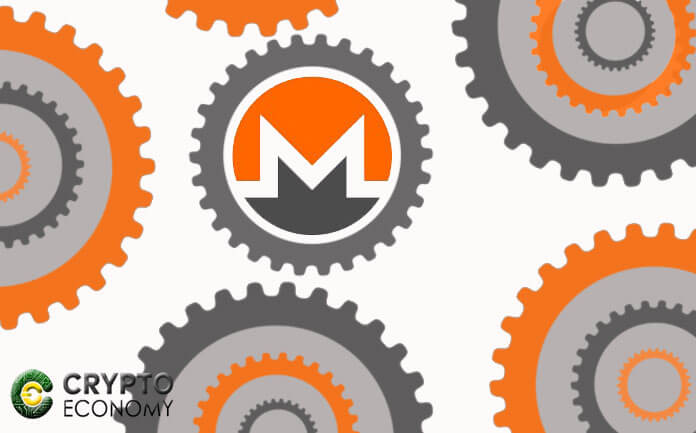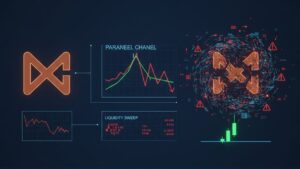In the Monero network infrastructure, nodes are considered to be very important. When connecting to the Monero network, running a node is a very efficient way of getting the highest level of privacy and security.
This is due to the fact that nodes store a copy of the blockchain technology used. Nodes can be arranged in such a way that information on one node can be shared with other nodes and clients.
The Local Node
If one runs a node from home or workplace or from wherever he/she is at the moment, then that’s considered as a Local Node. Local nodes can be accessed locally. This means that the user doesn’t need an internet connection in order to access it. The node is rather available in the user’s local network. A local node can also be referred to as a personal Monero node.
One can run the local node on either the GUI Wallet or the CLI Wallet.
The Remote Node
People tend to refer to remote nodes as nodes they do not own. Contrary to the local node, if let’s say a person who normally runs a node from his office and he/she decides to access the node from his home, then the connection is referred to as a remote node.
Every time a connection leaves the safety of the user’s local network and goes over the internet, it means the user is accessing the node remotely. The Monero remote node can be run on the GUI Wallet.
The Monero World gives a list of various remote nodes that can be connected to this wallet. All these nodes are run and maintained by the members of the Monero community.
The Monero Daemon
This is simply a programme that runs in the background. The Monero wallet requires a node to connect to- monerod. That process is the daemon, see in our article “Monero’s Complete Node [XMR], how do you execute it?“ It can run on a remote or local computer. A daemon is used in Monero to synchronize with the Monero network to scan for incoming transactions and send new ones.
The daemon is mostly used in running full nodes. If a user runs a full node on a personal computer the node will only run halfway. This is because computers are turned on and off from time to time. The daemon is mostly hosted on a VPS since it is more convenient in running a full node.
The choice on whether to run a local node or a remote node lies entirely on the user. A lot of opinions are running on Reddit regarding which node is best.











